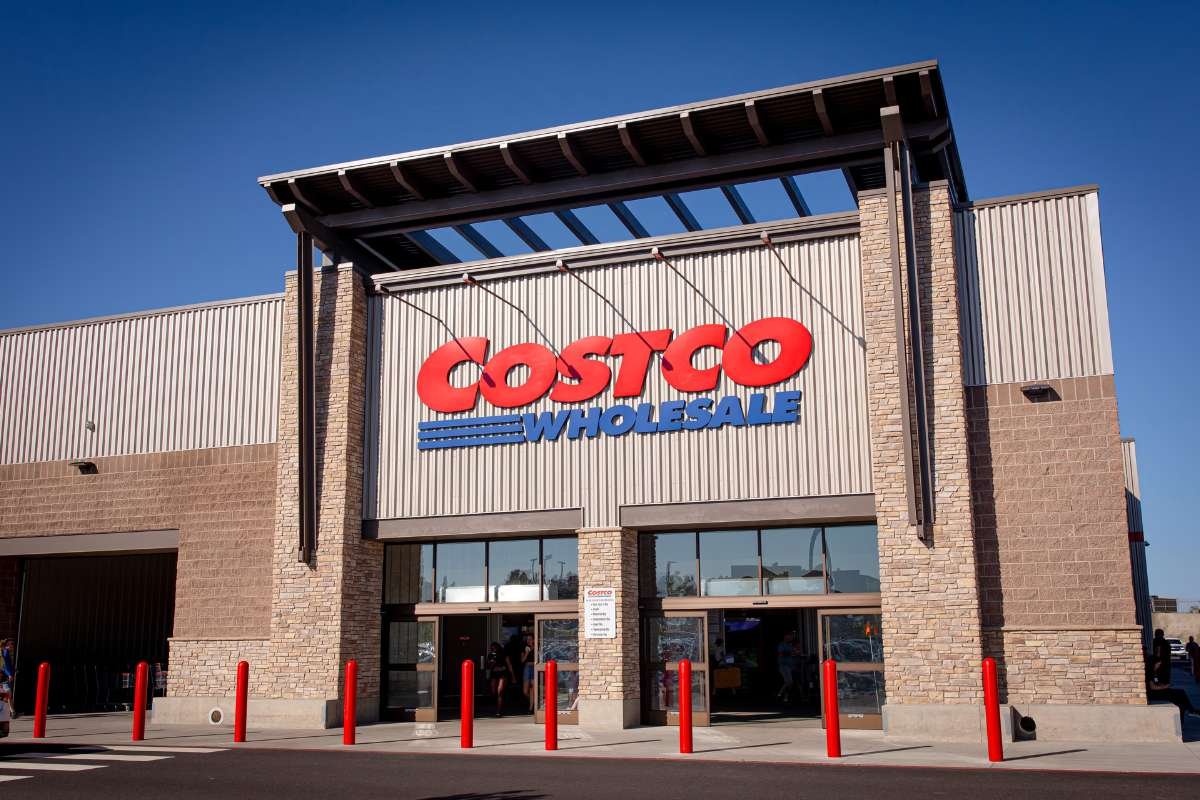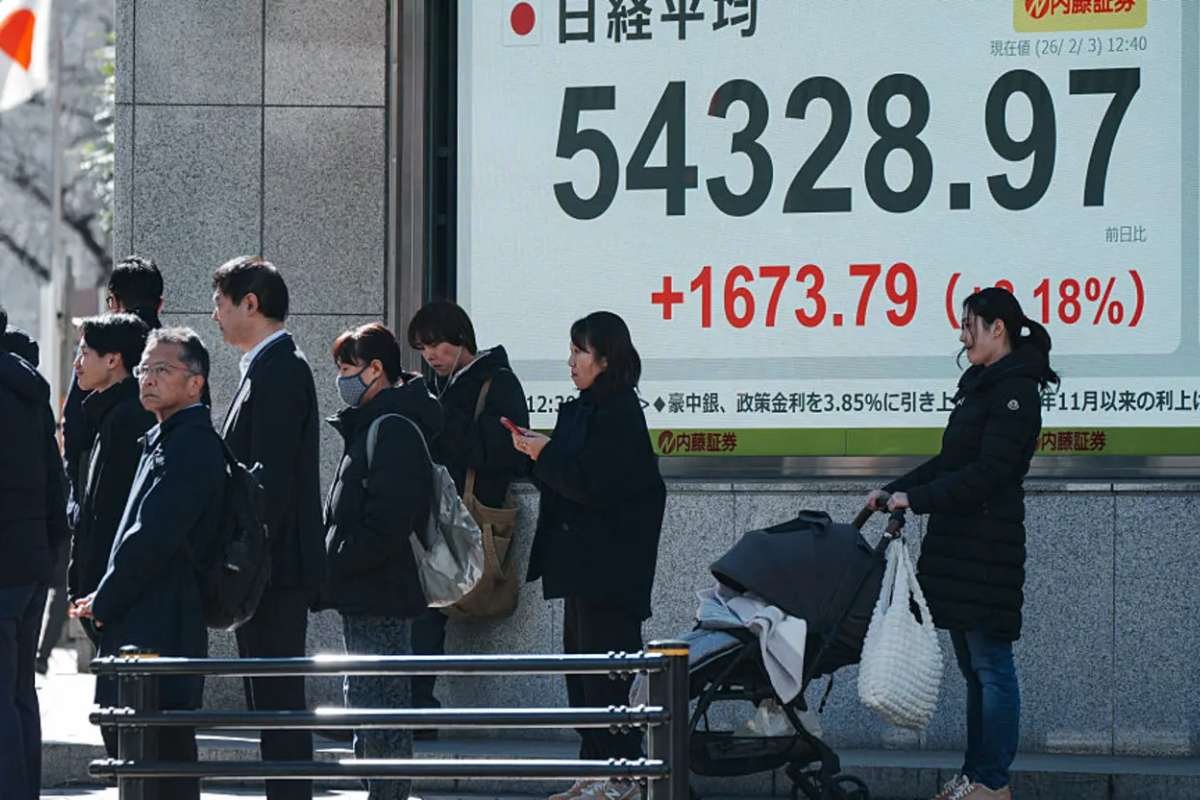Key Points:
- Inflation Forecast: UK food inflation may reach 5.7% by end of 2025.
- Cost Drivers: Rising wages, insurance, and packaging rules strain producers.
- Consumer Impact: Shoppers shift to discount stores and own-label brands.
UK food inflation, including non-alcoholic drink inflation in the UK is now forecast to climb to 5.7% by December 2025, significantly higher than earlier expectations. The rise comes as suppliers and manufacturers, under mounting financial strain, pass on costs that they can no longer absorb.
Since early 2020, food and drink prices have surged by nearly 37%, compared to a 28% increase in overall consumer prices. Some everyday staples have been hit particularly hard: sugar has risen by more than 50%, whole milk by almost 46%, and cheese by over 30%. For households already feeling the pinch from high energy and housing costs, these price jumps add considerable pressure to weekly budgets.
What’s Driving the Surge
While some global pressures, such as energy and commodity markets, have shown signs of easing, domestic factors are increasingly responsible for pushing prices upward. Employers are facing higher national insurance contributions, new packaging-related taxes, and growing compliance costs. Labour shortages and wage rises in the sector have also added to the financial burden on producers.
Industry analysts point out that UK food inflation has outpaced that of many European neighbours, including France, Germany, and Spain. The divergence is being attributed less to global supply chain issues and more to the weight of domestic tax and regulatory measures. For producers, the cumulative effect has been a squeeze on margins that leaves little room to shield consumers from the true cost of manufacturing.
The situation has left the UK as something of an outlier in Europe, with UK food inflation not only higher than average but also more stubborn to bring down. Economists warn that, without structural adjustments, the country could continue to face above-average food price growth even if international conditions remain stable.
Calls for Action Ahead of the Budget
With the Autumn Budget approaching, the food and drink industry is pressing the government to take steps that would prevent further cost escalation. The sector is calling for measures that encourage investment, boost productivity, and support exports, rather than policies that introduce new financial burdens.
Industry leaders argue that a more balanced policy environment could help strengthen supply chains, improve skills in the workforce, and ultimately ease pressures on consumer prices. They caution that without such intervention, households will continue to face steep increases in everyday essentials, threatening both consumer confidence and broader economic stability.
For millions of families, the price of staples such as dairy, bread, and meat will be the clearest indicator of whether UK food inflation is being brought under control. As the year progresses, the focus will remain on whether government action can temper the trend — or whether consumers will be left grappling with another round of record food price hikes.
Sources:


















